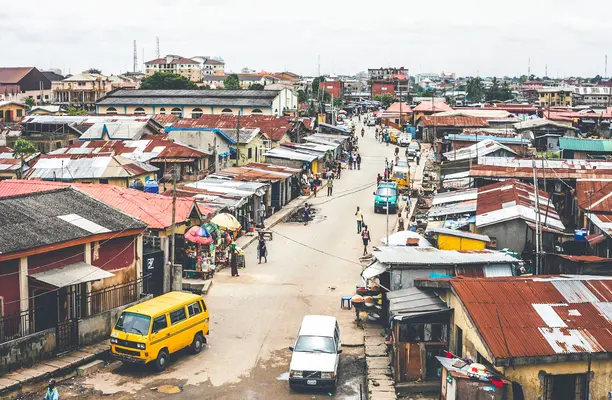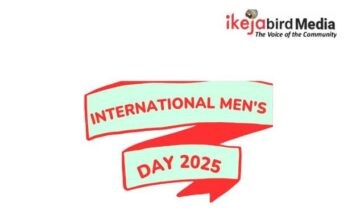By Ejiofor Toochi
Edited by Sunkanmi Adewunmi
Across towns and neighborhoods in Lagos, Community Development Associations (CDAs) have become an integral part of grassroots development.
CDA is essentially a group of residents who come together to address local issues and represent the interests of their community. Through regular meetings and organized representation, they ensure that local concerns, such as bad roads, drainage, or security, are brought to the attention of the right authorities.
In Lagos, many CDAs work closely with local governments to improve waste management, enhance security, and drive infrastructural upgrades. Alhaja Ronke Salaudeen, Chairperson of the Unity CDA in Ikeja, explained that the association serves as an intermediary between residents and the local government. She noted that CDAs are part of a larger body, the Community Development Committee (CDC), which meets with the local government to discuss progress and challenges.
Security is a top concern in Nigerian communities today. Through vigilante groups, neighborhood watch schemes, and collaboration with the police, CDAs help reduce crime rates. By organizing residents and monitoring strangers entering the neighborhood, they create a sense of safety and collective responsibility. Beyond security, CDAs foster a sense of belonging. They organize meetings every month to deliberate on issues, clean-up exercises, and welfare initiatives for members in need.
As part of efforts to improve the well-being of the community, the Unity CDA has embarked on several projects, including a community water project. “The water we’re using in this area it’s the CDA that donated it.” Salaudeen said, “We do environmental sanitation every Thursday to keep the community clean. We also make sure there’s no thug or thief; if there’s any riot, we make sure we gather to stop it.”
Saheed Alao, the treasurer, added that flooding was another issue they tackled. “There are some places at Unity Junction where the flood affects the community. It’s the CDA that made sure they cleared the drainage.”
CDAs pool resources to carry out developments that have a direct impact on residents’ lives. However, like most non-profit groups, they face financial constraints and occasionally rely on local government support. “We have financial challenges because we volunteer; we’re not collecting money from anybody. We’re contributing money by ourselves to develop the community. When we don’t have the power, we tell the Local government,” the chairperson explained.
In Nigeria today, where public resources are strained and communities face growing challenges, CDAs remain necessary to drive sustainable development and promote peace.







